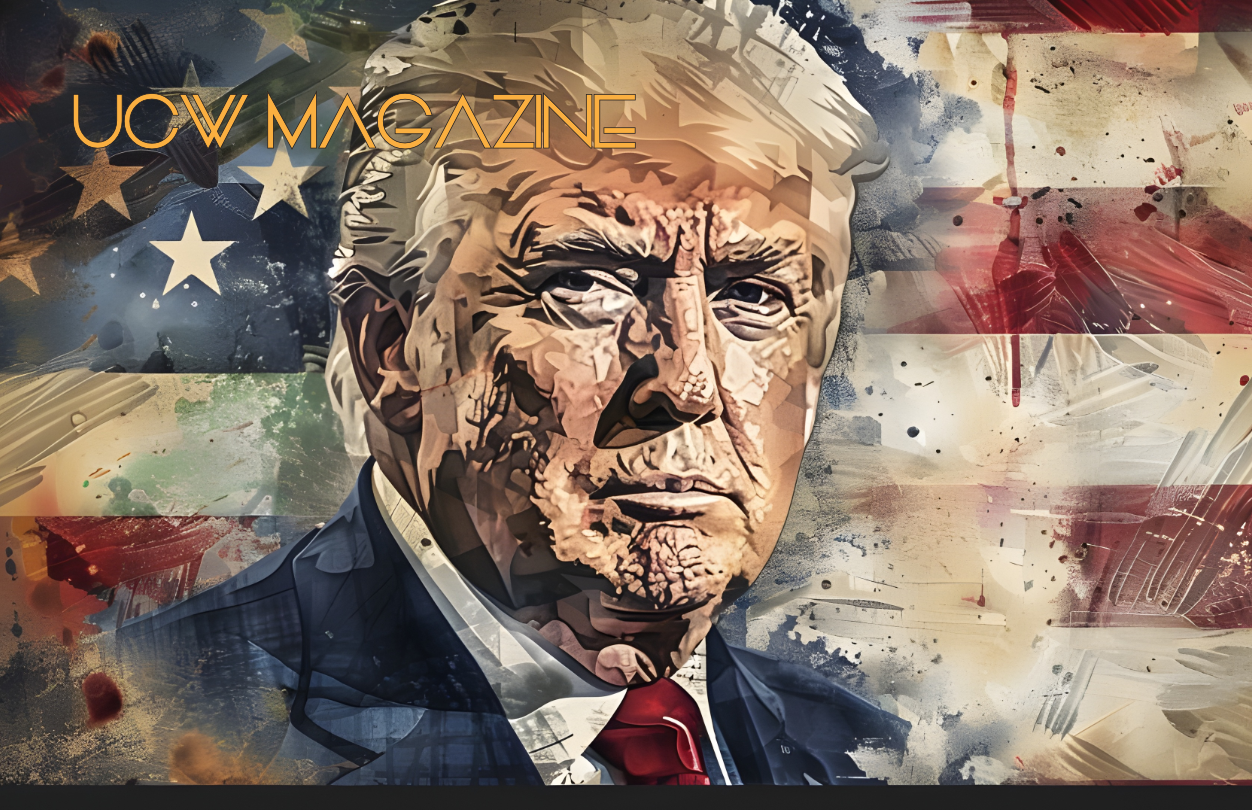Featured Articles
Potential Impacts of a Trump Administration on Taxes, Manufacturing, and Cryptocurrency

As the nation prepares for a potential transition in leadership, discussions around President Trump’s plans for revitalizing the economy and fostering innovation are gaining traction. If implemented, these strategies could lead to significant changes in taxes, manufacturing, and the burgeoning cryptocurrency industry, all while aiming to bring fiscal discipline to government operations.
Revitalizing Domestic Manufacturing
Central to President Trump’s economic vision is the commitment to reinvigorate domestic manufacturing. By incentivizing companies to relocate production back to the United States, this policy aims to create jobs, stimulate local economies, and reduce dependence on foreign supply chains. Lowering corporate taxes and providing targeted subsidies for industries such as technology, automotive, and textiles could pave the way for a manufacturing renaissance, driving long-term growth.
JD Vance, a prominent advocate for economic revitalization, echoes this sentiment. His focus on reshaping trade policies and prioritizing American workers aligns with the administration’s broader goals. Together, their approach could signal a new era of industrial self-reliance and economic stability.
Tax Reductions for Growth
Proposed tax cuts are another cornerstone of the administration’s agenda. By reducing the tax burden on businesses and individuals, proponents argue that this move would spur investment, enhance consumer spending, and create a more competitive environment for enterprises. Critics caution about the long-term impact on federal revenue, but supporters contend that a reinvigorated economy would generate sufficient growth to offset any initial deficits.
Fiscal Responsibility and Government Efficiency
A renewed emphasis on government efficiency and financial management is also on the agenda. With JD Vance advocating for streamlined operations and reduced waste, the administration aims to balance fiscal responsibility with economic expansion. This dual approach seeks to ensure that government finances are managed prudently while fostering a climate conducive to growth.
Championing Cryptocurrency Innovation
President Trump’s evolving stance on cryptocurrency has caught the attention of industry leaders and investors alike. Under his administration, the potential for clearer regulatory frameworks and support for blockchain technologies could unlock significant opportunities for the digital asset space.
Cryptocurrencies like Bitcoin, Ethereum, and XRP, as well as emerging players like Pecu Novus and Solana, stand to benefit from policies that encourage innovation while protecting consumers. By promoting the adoption of blockchain solutions, the administration could position the U.S. as a leader in this rapidly growing sector, attracting investments and enhancing global competitiveness.
A Transformative Path Forward
The policies outlined by President Trump and his incoming team represent a bold vision for economic revitalization. From tax reform to manufacturing growth, fiscal discipline to cryptocurrency innovation, their approach underscores a commitment to positioning the U.S. as a global leader in economic and technological advancement.
While challenges undoubtedly lie ahead, the potential benefits of these strategies are substantial. If successful, the administration’s initiatives could lead to a stronger, more resilient economy that supports innovation, empowers American workers, and fosters long-term prosperity.
Charles Winters
UCW Magazine
































